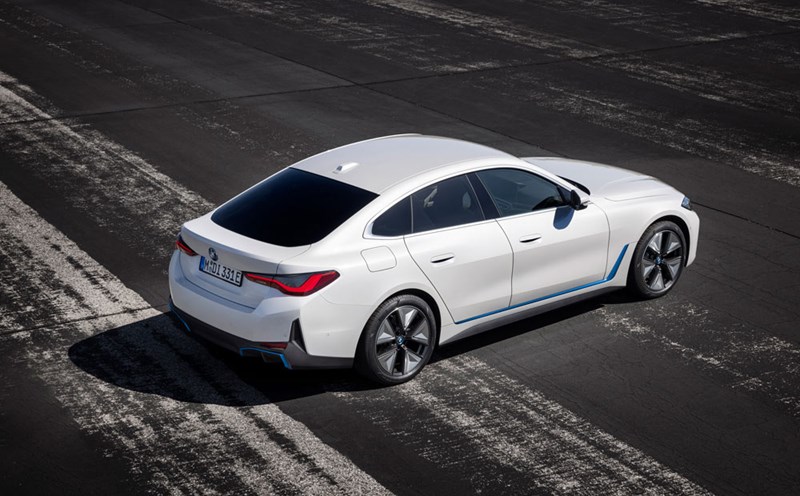Fewer parts, less worried
Dr. Daniel Sperling, Director of UC Davis Traffic Research Institute (USA) shared the differences in maintenance of electric cars compared to gasoline cars.
Less part
Electric cars do not use internal combustion engines, so there is no need to change oil, no spark plug, fuel filter or transmission cord. The items that account for the majority in maintenance of gasoline cars become no longer needed.
An electric car will have less than the main moving part in the transmission than the gasoline vehicle. This means that less damage and maintenance are also simpler.
The brakes are more durable
Regenerative braking is a prominent feature in the electric vehicle, which helps reduce the load on the brake pads, thereby extending the brake system life. In contrast, gasoline vehicles use mechanical brakes completely, much easier to wear.
Battery
However, electric cars also have their own "heart" to be taken care of: Lithium-ion battery. Although there is no need for regular maintenance, the monitoring of battery status - such as temperature, charging cycle, and the ability to hold electricity is very important.
According to the Consumer Reports report (2023), the average maintenance cost for the first 5 years with electric vehicles is about 40–50% lower than the gasoline.
Reduce the number of cars for maintenance
Although simpler, electric cars still need to check the suspension, tire, air conditioner, and especially the software. Firms like Tesla or VinFast provide remote software updates (OTA), help fix errors and upgrade features without the factory.
The future of maintenance will "digitize"
According to Mr. Mark Webber, Chief Engineer at the European Bosch Automobile Technical Center: "The car maintenance industry is changing quickly. Electric cars not only simplify mechanical mechanics, but also make future technicians need to be proficient in software."











